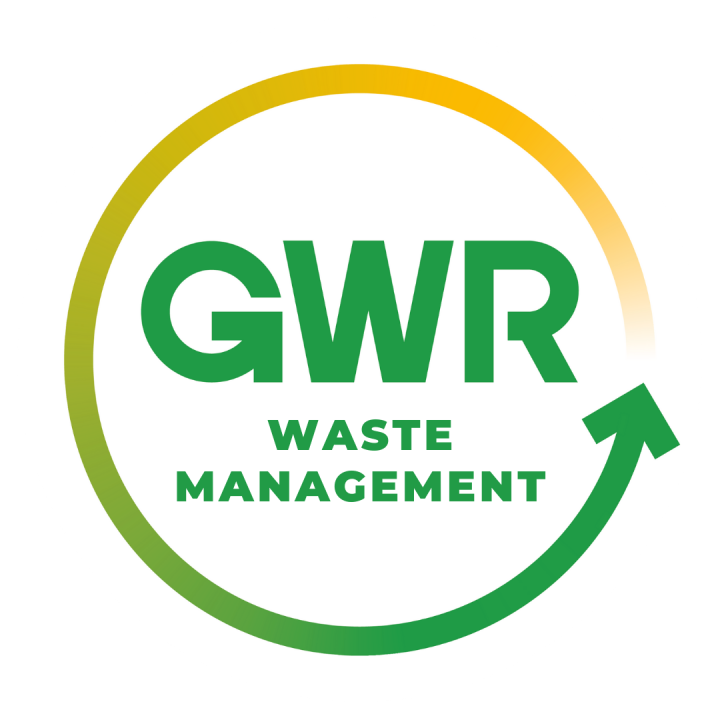How to Reduce Food Waste
Food waste is inevitable – especially in catering businesses. A professional kitchen is always going to throw away larger-than-average quantities through a combination of plate scrapings, leftovers from food preparation, and spoilage. Though it can be difficult to plan effective ways to reduce this, doing so will pay dividends in the long run, and reduce your business’s impact on the environment.
GWR is a leading waste management company, dedicated to helping businesses in all sorts of industries discover the benefits of better waste management. Our friendly team has helped catering businesses of all sizes take steps to reduce food waste – and you could be next!
In this blog, we provide some guidance for catering businesses looking to reduce food waste production.
The Importance of Food Waste Management
Catering businesses produce large volumes of waste, and this can be tricky to reduce. The sheer volume of food they need to prepare means they may have less flexibility when it comes to personal preferences. Whether buffet or plate service, leftovers and plate scraping are hard to avoid – but doing so can have a huge impact on your bottom line. In fact, a study by WRAP found that the total cost of food waste in the UK hospitality and food service sector exceeds £2.9 billion. The catering businesses that implement changes now are likely to be more sustainable in the long term, appealing to environmentally-conscious clients and saving vast amounts of money. WRAP also found that the average business could save up to £14 for every £1 invested into reducing food loss and waste.
Every part of the food life cycle results in wasted resources, energy, water, and money – it’s not just about the food itself. 20% of the UK’s climate change emissions are related to the production and transportation of food, yet a
third of this is currently thrown away. Much of the country’s food waste collection ends up in landfill, where it decomposes and produces methane gas which contributes to the greenhouse effect. Landfill sites also have local impacts, leaching harmful substances into the waterways and affecting air quality. Clearly, though more difficult in this fast-moving industry, the way caterers handle waste needs to change.
How to Reduce Food Waste – 9 Top Tips
Audit Food Waste
Before you start making any changes in your business, you need to figure out what needs to change. Start by auditing your current processes over a period of time, and identify which areas produce waste and what that waste is. For example, if you produce large amounts of waste at the preparation stage, this might indicate the ingredients are not fresh enough and are being stored incorrectly, or that food prep needs to be overhauled. On the other hand, if you’re producing large quantities of waste from customer plates and this mainly consists of potatoes, for instance, it might indicate that your menu isn’t reflecting customer demand.
Manage & Store Stock Effectively
As we have already touched upon, managing your inventory effectively is of the utmost importance. Make sure your fridges and freezers are all in good working order and running at the right temperatures. You should also place high-risk foods like meat and raw ingredients on lower shelves, and low-risk foods higher up. Also, think about how you control your stock. Are certain products getting consistently wasted? This might indicate that you need to monitor supply and demand better, either reducing the amount you order or opting for more long-life products. The FIFO rule is essential for catering stock management; the first item in should be the first item out.
Buy Local And In Season
Don’t just think about what you buy, but also about how you buy. Choosing to support local growers and producers is a great way to support your community whilst also ensuring the stock you have is fresher. Local, in-season produce will naturally travel fewer food miles, enabling it to reach your kitchen in the best condition possible, increasing its lifespan and reducing the amount of it you have to discard.
Make Menu More Flexible
Catering operations inevitably come with less flexibility; making food for a large number of people can make individual preferences more difficult to account for. However, anything you can do to make your menu more flexible will mean it is more likely to meet demand, and food is less likely to be left uneaten. Make side dishes optional, so you only provide what is wanted. If you can, avoid the buffet option; plated events produce far less waste. If you do offer a buffet, consider the amount you serve. It is most likely that everyone will have a smaller amount of multiple dishes, so you don’t necessarily need to make sure there is enough for everyone to have a full portion of everything.
Be Strict on Numbers
Catering for large numbers of people requires planning, so make sure you’re strict on numbers. Getting information on the amount of people and their dietary requirements well in advance of the event will mean you are better able to plan your menu to suit. With better planning comes less food waste, and a more efficient catering operation all round.
Engage Your Staff
Your staff are the spokespeople of your business, so make sure you engage them and get your message across. Not only are your employees responsible for carrying out the new waste-reducing measures you want to implement, but they can also help promote your message to your customers. It can be incredibly demotivating to continually take wasted food back to the kitchen to be thrown away. Making your operations slicker and more efficient will improve employee morale and ensure the changes are effective.
Get Creative with Food Waste
Before you throw something away, think about whether it really is waste. Plenty of food that gets routinely discarded by catering businesses could be repurposed for a variety of creative recipes. For example, animal bones and vegetable peelings could be used to make a tasty stock. Not only will this improve your waste management, but it might even make the quality of your food better.
Donate Leftovers
Once you have reduced the quantity of waste as much as possible, you should consider donating leftover, in-date food to local food share schemes, charities, or food banks. This will help support your local community, which is a good thing to do in itself, but it will also improve your company profile and brand image.
Dispose of Unavoidable Waste Responsibly
Whatever cannot be avoided, salvaged, or donated should be disposed of responsibly. This is part of your duty of care as a business, so don’t think that once the waste leaves your site it’s no longer your problem. Choose a waste management company that can deal with your food waste in the most environmentally friendly way possible. One of the best ways to do this is via anaerobic digestion which harnesses the energy in food to produce green electricity for the National Grid.
Food Waste Management & Recycling for the Food Industry
If you’re looking to overhaul your catering business’ food waste management, our friendly team can help.
GWR Waste Management provides a comprehensive range of food waste recycling services to organisations all over the UK. We help companies in all industries transform the way they handle waste.
Get a Free Quote today!















